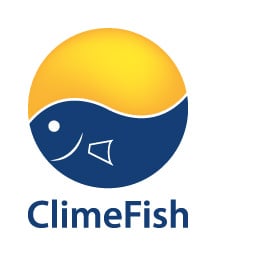Projecting climate change impacts on Mediterranean finfish production: a case study in Greece
Climatic Change ; Volume 165.
Stavrakidis-Zachou, Orestis ; Lika, Konstadia ; Anastasiadis , Panagiotis ; Papandroulakis, Nikos ;
Abstract
Finfish aquaculture in the Mediterranean Sea faces increasing challenges due to climate change, while potential adaptation requires a robust assessment of the arising threats and opportunities. This paper presents an approach developed to investigate effects of climate drivers on Greek aquaculture, a representative Mediterranean country with a leading role in the sector. Using a farm level approach, dynamic energy budget models for European seabass and meagre were developed, and environmental forcing was used to simulate changes in production and farm profitability under IPCC scenarios RCP45 and RCP85. The effects of temperature and extreme weather events at the individual and farm levels were considered along with that of husbandry parameters such as stocking timing, market size, and farm location (inshore, offshore) for nine regions. The simulations suggest that at the individual level, fish may benefit from warmer temperatures in the future in terms of growth, thus reaching commercial sizes faster, while the husbandry parameters may have as large an effect on growth as the projected shifts in climatic cues. However, this benefit will be largely offset by the adverse effects of extreme weather events at the population level. Such events will be more frequent in the future and, depending on the intensity one assigns to them, they could cause losses in biomass and farm profits that range from mild to detrimental for the industry. Overall, these results provide quantification of some of the potential threats for an important aquaculture sector while suggesting possibilities to benefit from emerging opportunities. Therefore, they could contribute to improving the sector’s readiness for tackling important challenges in the future.
DOI: 10.1007/s10584-021-03096-y
